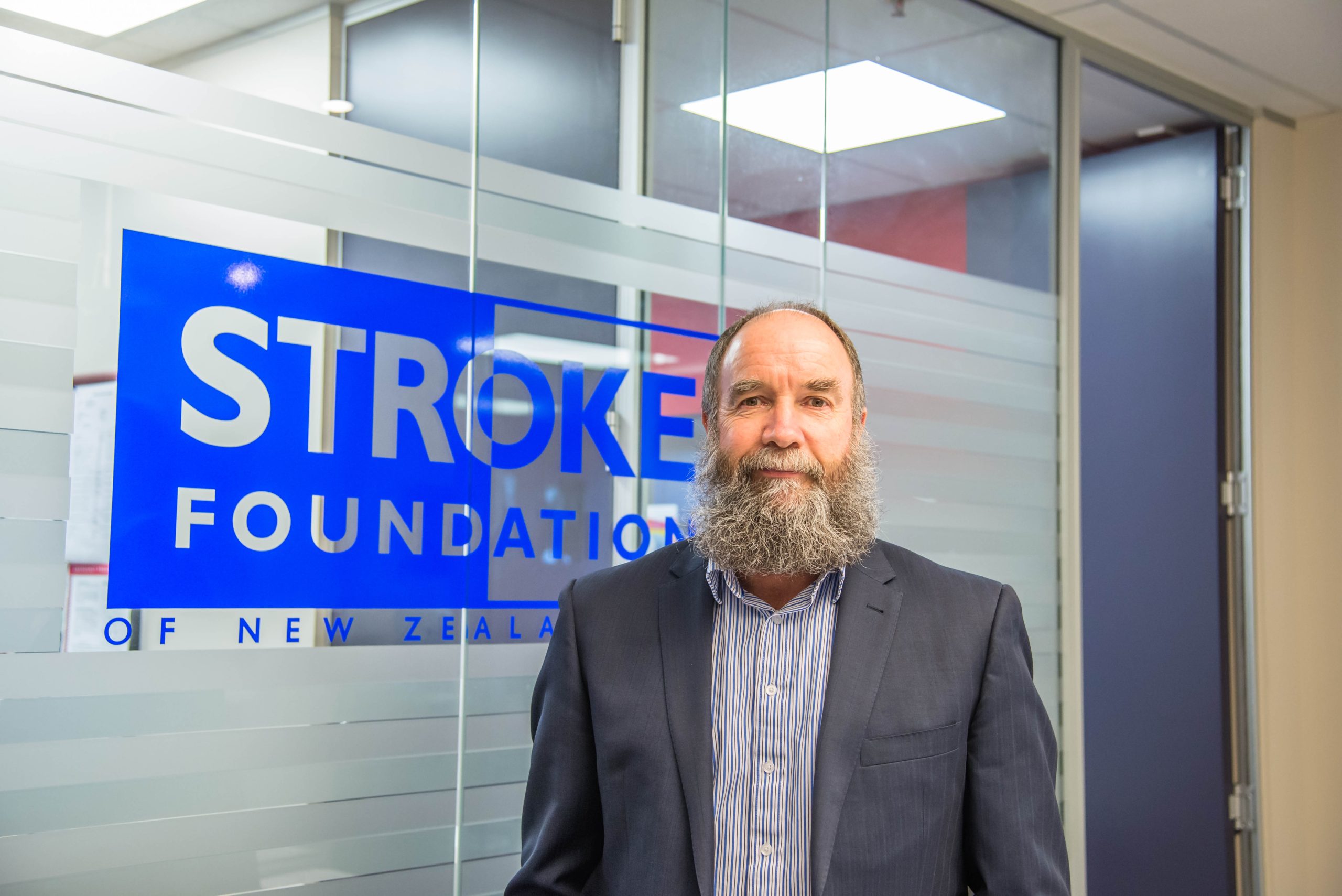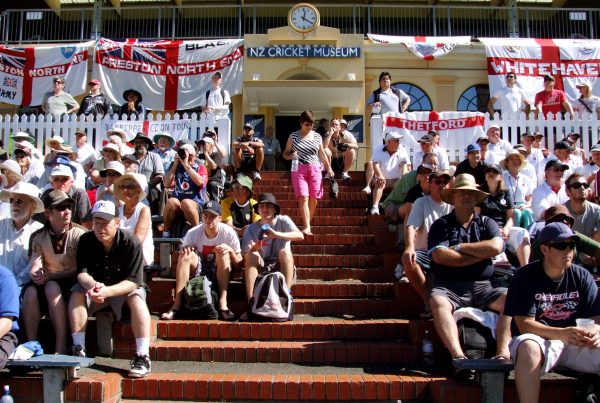
As people in business, our health can sometimes slide when we are faced with operational challenges. Our regular gym attendance or other physical activity is usually the first to slide in favour of late-night networking or increasing workloads (whether for growth or survival).
Introduce that to that a diet high in convenience and pre-packaged foods, and add those factors to high blood pressure in the over-50 age group, and suddenly you’re a great candidate for a stroke.
In June’s issue I wrote about business succession: having a plan in place to exit your business either through family or sale. Ensuring a plan for your business is not only essential for optimal operation in the owner’s absence. Planning for growth and busy times by adding extra staff when needed – or even taking on a partner as a way to ease the pressure – is also beneficial. While stress is not the single contributing factor to strokes, the outside causes of stress are issues that can mount up over time and cause real and serious health problems.
Strokes are usually the result of a combination of these issues. Getting your blood pressure checked regularly, stopping smoking, exercising frequently, eating a healthy diet and controlling your weight are essential ways to reduce your risk of a stroke.
“We don’t give enough attention to preventing strokes, possibly because we think of stroke as an older person’s issue,” says Mark Vivian, CEO of the Stroke Foundation of New Zealand. “In fact, 25 percent of strokes happen to working-age Kiwis.”
The Stroke Foundation has been in operation for over 30 years, promoting public awareness about the risk factors for strokes and how to recognise the symptoms. Outside of their blood pressure awareness campaign in October each year, the foundation encourages the sharing of the FAST check to identify the onset of a stroke:
Face – SMILE (is one side droopy?)
Arms – RAISE BOTH ARMS (is one side weak?)
Speech – SPEAK A SIMPLE SENTENCE (slurred? Unable to?)
Time – Lost time could be lost brain, so get to hospital FAST
In addition to this, the foundation helps stroke survivors through life-enhancing rehabilitation and support groups, and is also experienced in post-stroke care strategies for those affected, including carers and family members. “The foundation is a very well distributed organisation: we can provide free support to individuals and families affected by a stroke just about anywhere in the country,” adds Vivian.
If you think someone near you is suffering from a stroke, remember to run through the FAST check above and then dial 111 immediately – loss of time could mean a loss of brain function.




